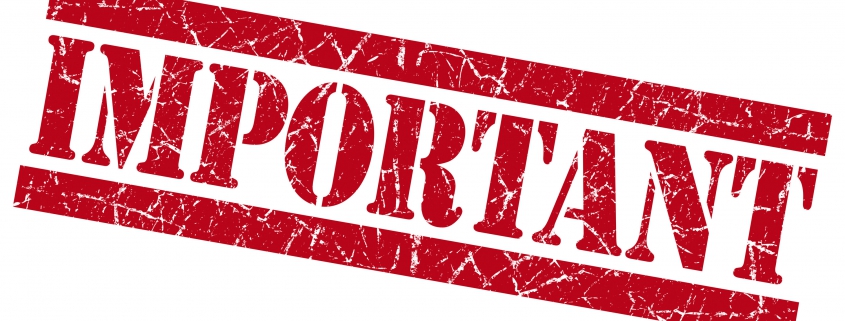1031 Exchange: The Most Important Thing to Know
Using a 1031 Exchange to grow your real estate portfolio faster using Uncle Sam’s money is a strategy that has helped millions of investors.
But of all the things you need to know about a 1031 Exchange, the most important thing is that it must be in place BEFORE you sell your investment real estate. The moment you receive your sale proceeds, it’s TOO LATE and you will have to pay the tax. Many investors new to this tax deferral method have discovered this after their sale and paid for it – literally.
The great news is that even if you are closing tomorrow or don’t know when you will close, it is quick and easy to start your exchange. Once you know what title company will be handling the transaction, the exchange can be initiated on your behalf by your Qualified Intermediary (QI).
Initiating your exchange with a QI prior to your sale is a rule that is a critical thing to keep in mind as you continue to learn about 1031 exchanges. I hope you will use the free online resources here at www.the1031investor.com as you explore this option.



